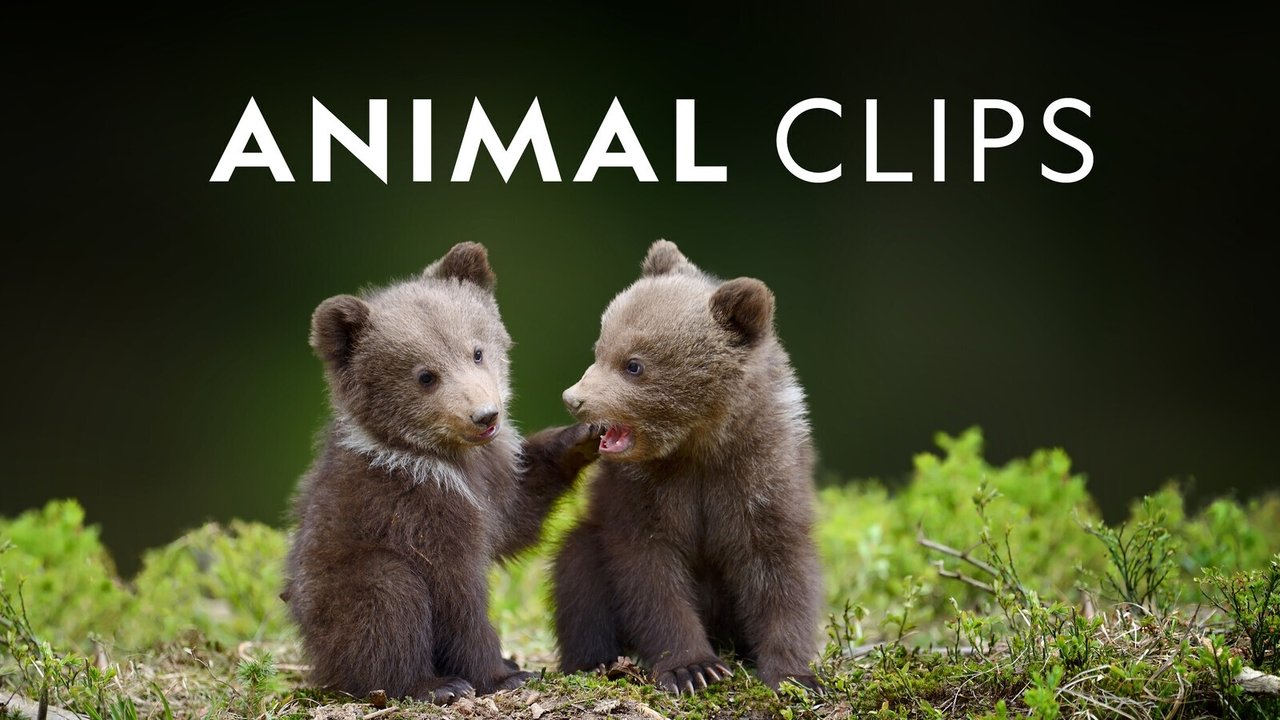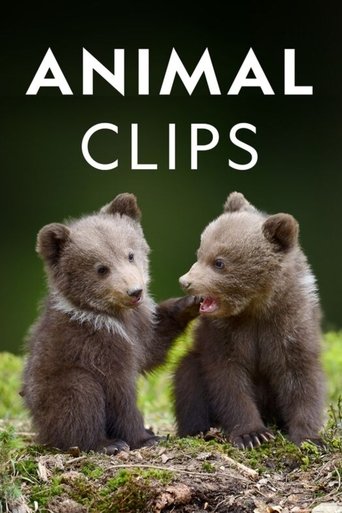

Air Date
November 17, 2017
Episodes
10 episodes
Animal Clips
Season 1
Episodes
1. Cookie Cutter What?
Do not be fooled by its adorable name—the cookiecutter shark is the only parasitic shark in existance. With glowing, bioluminescent lights attracting prey in, the cookiecutter sharks jumps into action and pulls a perfect circuluar plug of flesh from its victims.
2. Happy Holidays From All the WILD Animals!
No matter how you celebrate the season, these animals wish you the very best!
3. Halloween Special: Real Life Zombies
In a spooky coup, a parasite worm hijacks a snail's brain and makes the snail sacrifice itself to a hungry bird. Carl Zimmer, author of the book Parasite Rex, explains how the snail's death helps the parasite perpetuate its sneaky species.
4. Adorable Bear Cubs Crash Campsite
Join National Geographic young explorer Bertie Gregory as his expedition in British Columbia attracts a team of curious campmates in the night.
5. Watch: Putting a Camera on a Whale Shark
Engineer Graham Wilhelm joined National Geographic Explorer Brad Norman on an expedition to Ningaloo Reef, Australia’s longest fringing reef. Their goal was to deploy Crittercams on whale sharks to get a glimpse of the sharks’ underwater world and to better understand their behavior along the reef.
6. A Venomous Animal May Save Your Life
It might surprise you that some of the world’s deadliest animals save millions of human lives—one day they might even save yours. In this week’s Today I Learned, National Geographic Emerging Explorer Zoltan Takacs reveals how venomous creatures could be the future of pharmacology.
7. King Cobras Are Cannibals
With the ability to grow up to 18 feet long, the venomous king cobra can raise a third of its body and look a human in the eye. While that might sound impressive, what really makes these snakes king is their diet: other snakes.
8. Whale Poop Freshens Our Air
The ocean produces at least 50 percent of the Earth’s oxygen, and strangely enough, whale poop is the fuel that helps keep our oceans alive. In this episode of Today I Learned, Asha de Vos tells us why we should all say thanks to whales and their poop.
9. Bees Could Help Save Elephants - By Scaring Them
Conservation groups have developed innovative ways of using elephants’ fear of bees to protect them from potentially dangerous conflicts with humans. By harnessing the bees' buzz, conservationists can actually save elephants.
10. Photographing the Wild Wolves of Yellowstone
Hear photographer Ronan Donovan describe the challenge of photographing one of Yellowstone National Park's most elusive and iconic species: wolves.